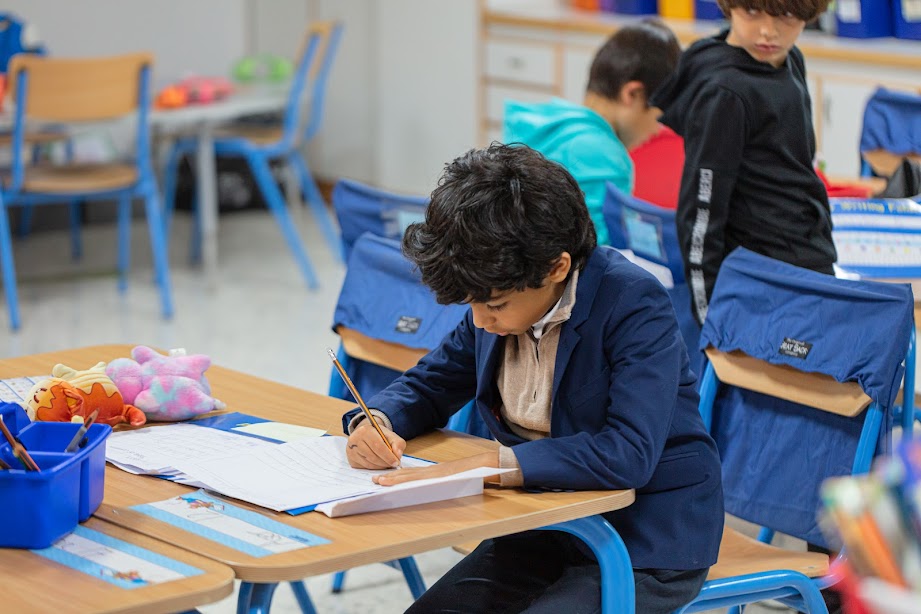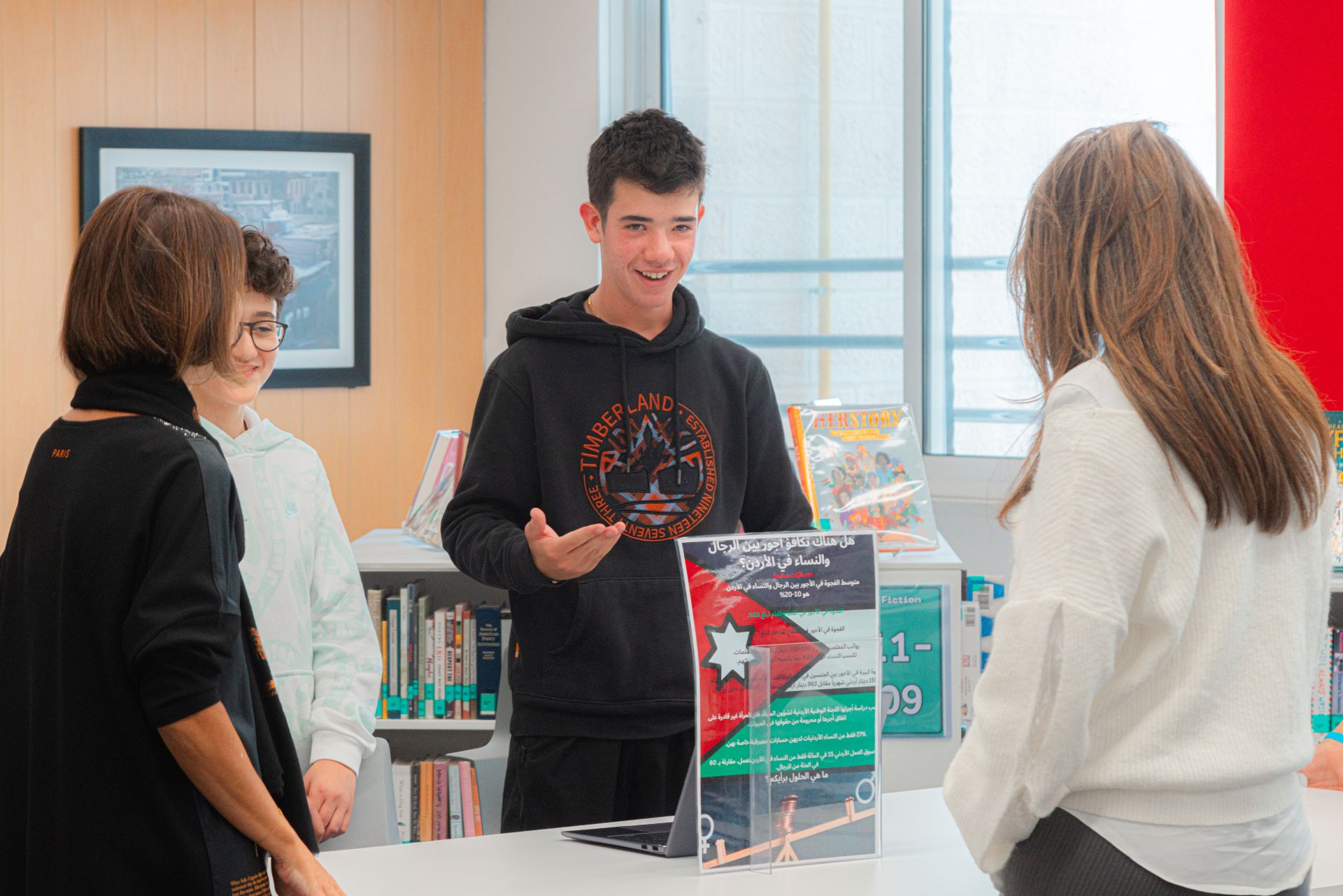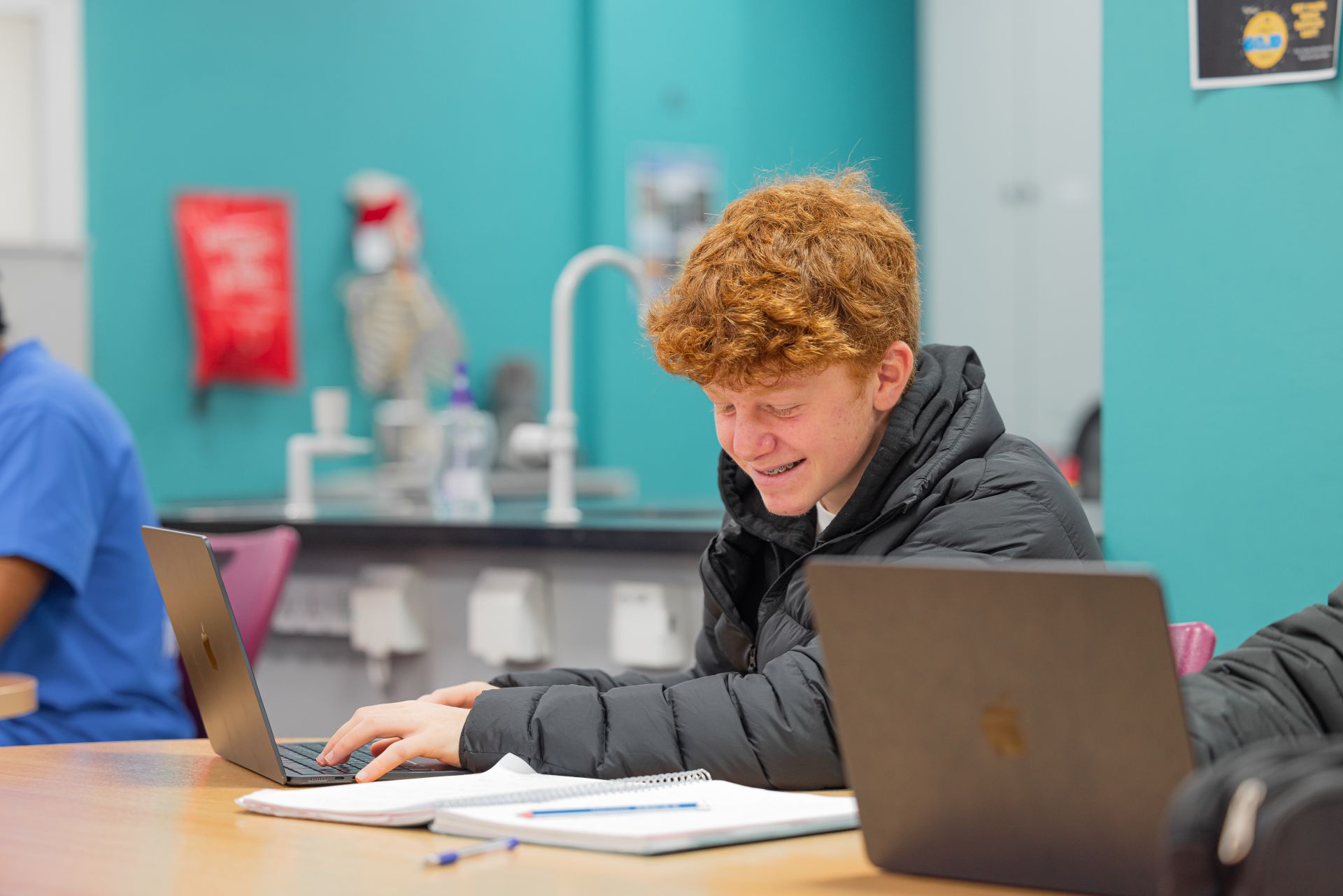The World Language philosophy at ACS promotes the learning of world languages in an environment that encourages growth, with a focus on communication proficiency and the appreciation of cultures.

Elementary School
We offer Arabic in the elementary school where it is introduced in the Early Years Program. We go beyond conventional teaching methods, emphasizing hands-on activities, engaging storytelling, and cultural exploration to immerse students in the richness of the Arabic language and its cultural nuances.
As students progress through the grades, they benefit from our comprehensive approach to Arabic language education. We tailor our curriculum to meet the needs of our students, separating them into native or non-native Arabic classes as of Kindergarten based on their proficiency level. This ensures that every student, regardless of their starting point, is well-equipped to engage meaningfully with the Arabic language and culture.
Middle & High School
Middle school and high school students can choose from French, Spanish, and Arabic. The selection is guided by a careful consideration of prior language experience, teacher recommendations, and placement test results. This personalized approach ensures that each student finds their unique path in the world of languages, fostering a sense of ownership over their educational journey.
As our students enter high school, they are empowered with the choice to delve deeper into the world of languages at every proficiency level, from Level 1 to International Advanced Level.


Standards & Guidelines
The emphasis on effective communication skills is guided by the ACTFL Standards and Proficiency Guidelines.
Our World Languages program cultivates a deep appreciation for culture and fostering effective communication, and unlocking the limitless potential within each student.
